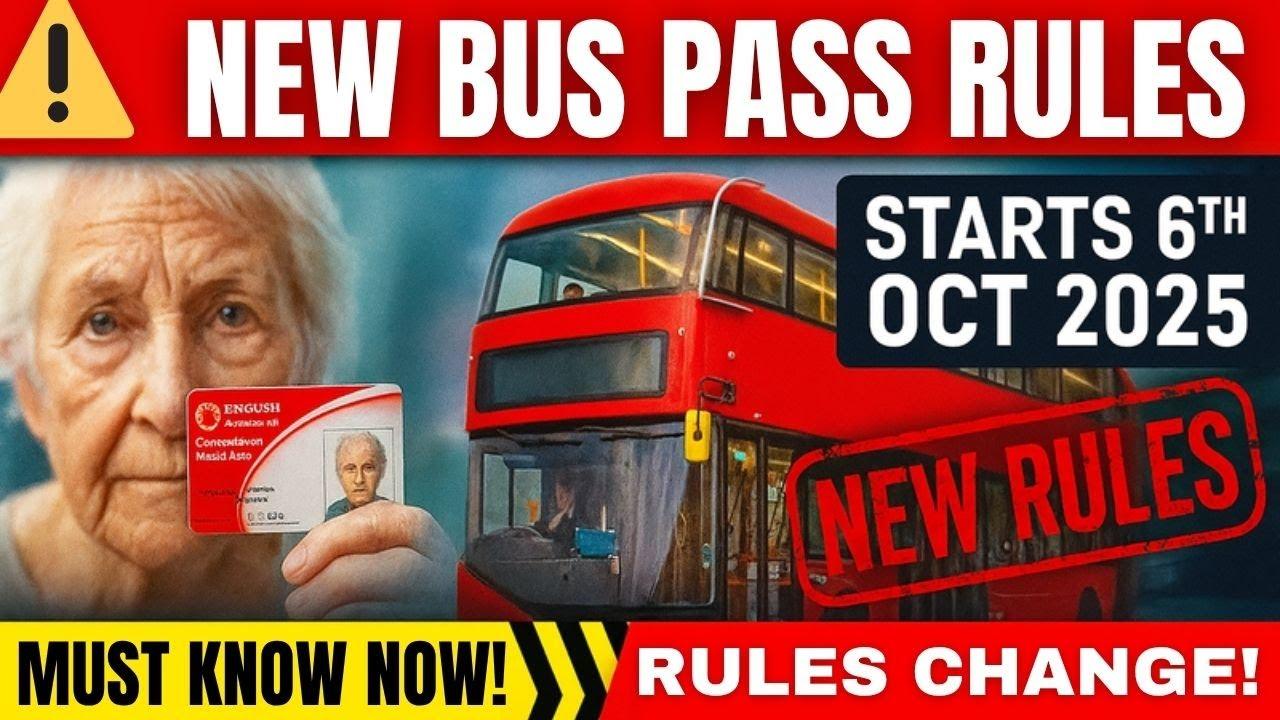Understanding UK Bus Pass Rules

Introduction
Bus passes play a crucial role in facilitating public transport in the UK, offering significant savings for eligible passengers. With different types of passes available, understanding the rules governing their use is essential for both potential and current users. As public transport evolves, particularly post-pandemic, the regulations surrounding bus passes have also seen updates, making it important to stay informed.
Eligibility for Bus Passes
In the UK, eligibility for bus passes primarily depends on age and disability. The English National Concessionary Travel Scheme allows individuals aged 66 and over to travel free on local buses during off-peak hours. However, variations may exist in different regions. For instance, in London, free travel begins at age 60. Additionally, individuals under 66 can qualify for a bus pass if they have certain disabilities, thus widening the accessibility of public transport.
Types of Bus Passes
There are several types of bus passes in the UK, including the English Concessionary Bus Pass, which entitles the holder to free travel, and the Senior Railcard, which offers discounts on rail travel for older passengers. Regional passes, such as the London Freedom Pass, offer even broader transport coverage, including buses, trains, and the Tube in London during specified times.
Application Process
The process for applying for a bus pass generally involves submitting an application form to the local council or transport authority, often accompanied by proof of age or disability. Some councils allow for online applications, while others may require in-person visits. Processing times can vary, so it’s advisable to apply well in advance of intended travel.
Recent Changes and Updates
Recent legislative changes have impacted the stipulations surrounding bus passes, including restrictions on peak travel times and eligibility criteria being expanded in some areas to include additional disabilities. Furthermore, the growing emphasis on digital applications has prompted many councils to enhance their online services, making it easier for residents to obtain passes swiftly.
Conclusion
Understanding UK bus pass rules not only aids individuals in saving costs but also promotes greater use of public transport, which is essential for sustainable travel. With ongoing updates and regional variations, staying informed about eligibility, types, and the application process is key for potential users. As public transport systems continue to adapt, future changes may further improve access and convenience, ensuring that public transport remains an inclusive option for all. Readers are encouraged to check with their local authorities for the most accurate and current information regarding bus pass rules.
